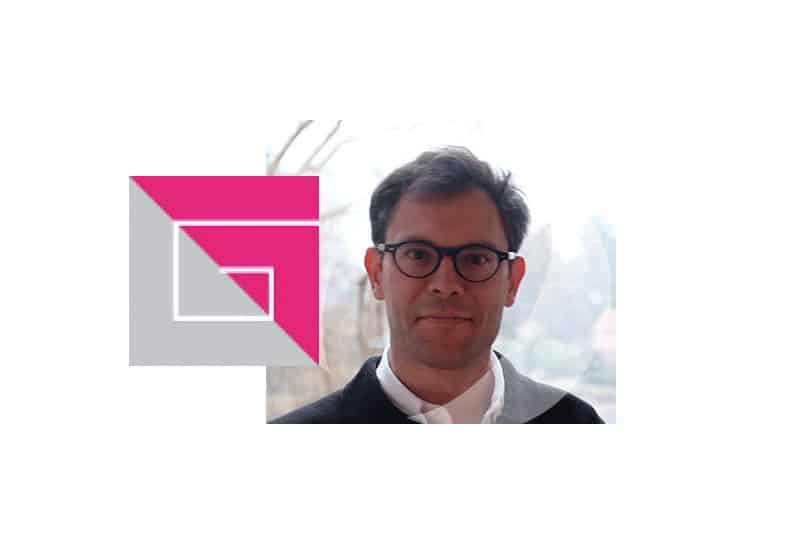Aurélien Rouquet new Editor-in-Chief of the Revue française de gestion
Published on 09/22/2021
Thematics :
Aurélien Rouquet new Editor-in-Chief of the Revue française de gestion
Published on 09/22/2021
Aurélien Rouquet, professor at NEOMA, was unanimously elected by the Editorial Board as Editor-in-Chief of the Revue française de gestion, the main French-language publication in the field of management created in 1975 by the FNEGE.
It is a real honor to have been appointed editor-in-chief of la Revue Française de Gestion. The Revue is the oldest in the landscape of French-language management journals, and has a generalist positioning, to which I am very attached. In addition, the journal has always sought to maintain its rigor and relevance, meaning to publish articles which, while being scientific, have an impact on companies and society. This is a positioning to which I am very attached: what is the point of writing articles if they are only read by other academics?
Since my appointment, we organized the transition with the previous editor-in-chief Jean-Philippe Denis, and since the end of the summer I have already been fully operational as editor-in-chief. In addition to taking over the editorial management of articles submitted since July, we have worked to clarify the governance of the journal and have developed and validated new rules with the editor Lavoisier, and the Fnege, who created the journal. That enabled us to make changes to the composition of the editorial board, which since the 1 September has been largely feminised and internationalised. With the editorial team, we have formalized an editorial charter specifying the rules in force within the journal, we are working on the journal’s classification file for Fnege, we have updated the Wikipedia file of the Revue which had dated a little, created a YouTube channel which includes nearly 200 videos, etc. In short, we have been busy!
The RFG is in a very good situation today. It receives nearly 400 manuscripts per year, is visible in the media through the partnerships that have been established with Xerfi Canal in particular, has the best ranking that a French journal can obtain within the Fnege ranking, and its articles are consulted on the internet each year by 1.5 million readers according to cairn statistics. The objective for me is to continue to elevate its international influence in the Francophonie field, to further strengthen the impact that the articles from the journal can have on companies and society, and of course to ensure that we develop innovative approaches which are able to evolve the theories in use in management sciences.

